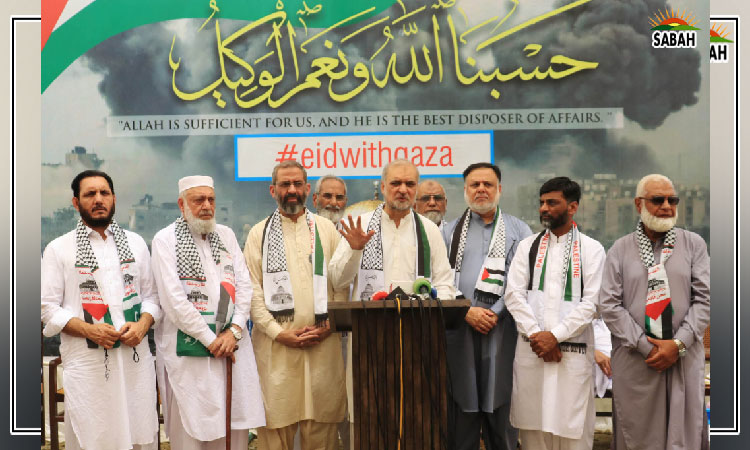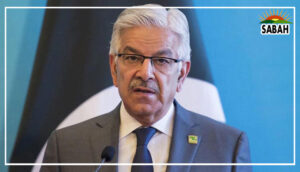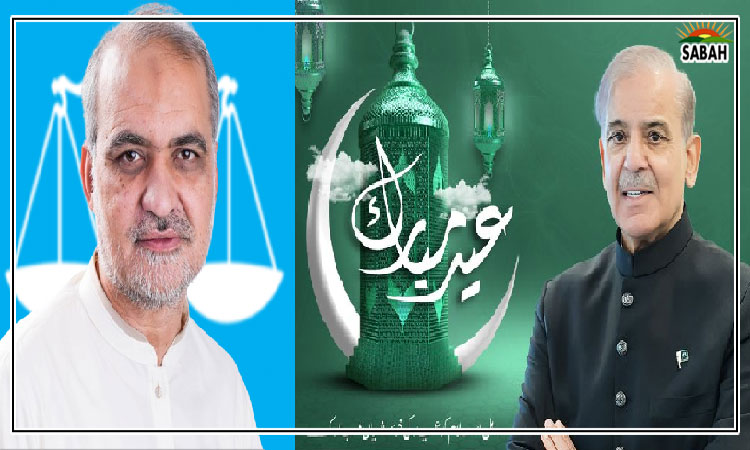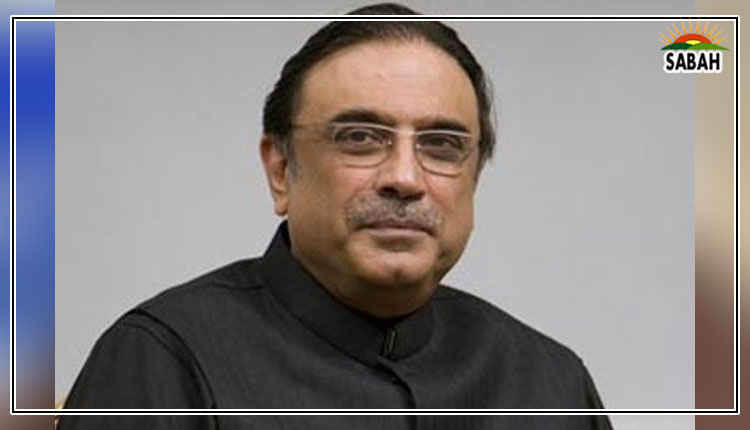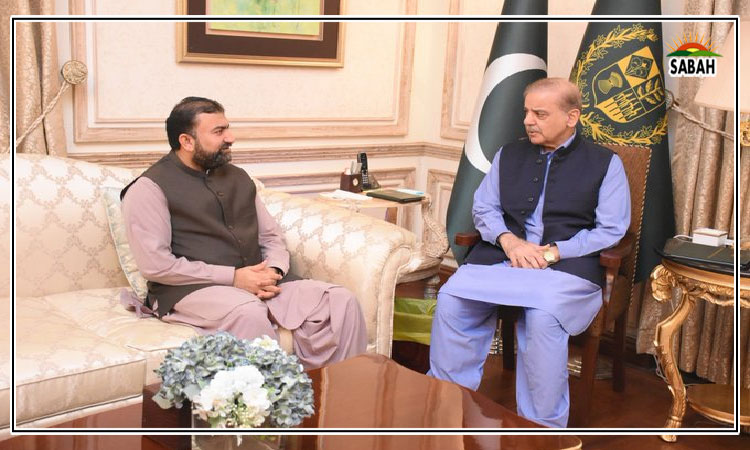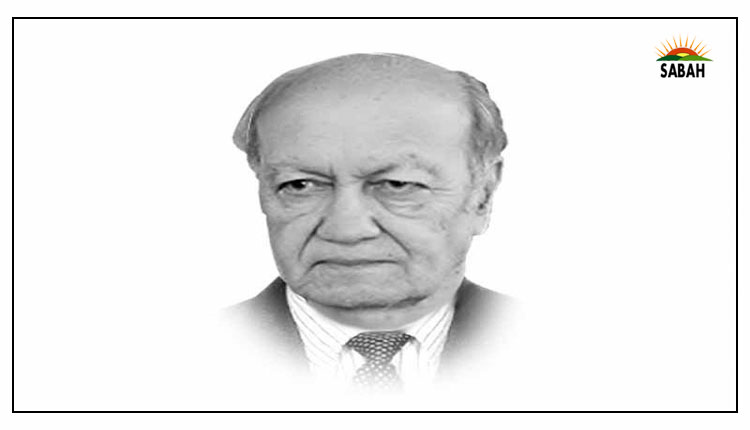Keeping in step with a changing world….Talat Masood
In present trying times, majority of Pakistani people remain deeply preoccupied with their own personal economic challenges. The media and social discourse too while addressing the economic issues revolves primarily on the personal characteristics of political leaders and judiciary as well as deteriorating economic conditions and plight of the people. This is understandable as these are the issues that dominate our universe and most likely to stay this way for a long time till we overcome the present multiple challenges.
But the world is not standing still, it is moving exponentially in several directions and making phenomenal progress led primarily by countries of the First World. Technology is the key factor that is leading the transformation through innovation, by increasing production capacities and generating wealth. A cursory glance of this phenomenon can be observed by the revenues of these giant technology companies. Microsoft revenue for the recently announced quarter was $53 billion with approximately $210 billion projected for the year. Pakistan total exports (revenue) for the last fiscal year is only approximately $31.2 billion, with IT sector contributing $2.6 billion. Meta (Facebook) recently announced revenue for last quarter alone of approximately $28.6 billion which was close to Pakistans (a country of $230 million people) full year of exports.
Chinese and European companies too are trying to keep pace with this phenomenal progress that the world has never witnessed before. These are building capabilities to stay ahead with a long-term view of challenging the supremacy of the US. India too has ambitions of becoming the fourth economic power in less than a decade. South Koreas exports keep rising as its automobile and other industries keep pace with global demand. More significantly, it plans to retain its leading position in the manufacture of memory chips. What is remarkable about South Korea that the government and the private sector work in unison.
In Pakistan, however, our reliance has been on CPEC and foreign assistance, because that is the easiest and most convenient course to pursue. It is like living on borrowed money where national pride and self-respect are set aside. True, nations do go through difficult financial circumstances and seek aid from global and regional financial institutions. IMF, World Bank and regional financial institutions were created to assist developing countries in such circumstances. We have failed to benefit from these organisations to come out of our financial predicament. We have also not been able to fully exploit the benefits of investments made in the infrastructure from CPEC, to improve productivity and quality of products. We have disappointed our Chinese friends as they were hoping we would maximise the benefits from this national endeavour. Neither do we ensure making the best use of the occasional assistance offered by our Arab friends.
More significantly, we have grossly neglected development of Balochistan and former tribal belt which is the key for the economic well-being of its people. It is creating frustration among the masses.
Other critical areas remain sidelined. Efforts at increasing exports have not been successful primarily because several of our products do not fully conform to global standards. Most of Pakistans increase in production capacity is therefore allocated only for local market consumption which adds significantly to the deficit by increasing imports (which last year were over $80 billion), without significantly impacting exports. Pakistan needs to support export-friendly industries which rely on educated work force. But this would require Pakistan to invest in technical skills and higher education, but not as much in high capital investment. Pakistan has lot to gain by promoting its IT sector and encouraging startups, for example, through university and private-public sector partnerships to develop products in artificial intelligence, augmented reality and other current technologies for the global business and consumer markets.
The country that leads in technology will also boost its military power. Advances in AI will provide greater autonomy. At present America is leading in this race by introducing unmanned vehicles. According to reports, autonomous surface ships, planes and submarines are being developed and deployed. China, India and European countries are applying advanced computing systems to catch up in this field. New technologies are transforming military power. The impact is equally going to be felt in several other areas affecting ordinary life. The new generation of Pakistan is the best hope for a prosperous future, and investment in their skills and education is a much-needed investment. We must not let our leaders and politicians preoccupation with survival and expanding power determine Pakistans destiny.
Pakistan has to attract foreign investment out of sheer economic necessity. In the prevailing circumstances its economy cannot grow without foreign assistance and investments. But for this the leadership has to realise that a modicum of political stability is a prerequisite. Internal and external peace by promoting pluralism and tolerance can contribute a lot to changing the prevailing hostile political environment. In fact, it is a strategic necessity. Without this correction Pakistans stability and future could be at stake. Our politicians and military leadership have to focus in bringing about this transformation. The way we are going may not be easy, but is there any other choice? The sooner we have free and fair national and provincial elections the better for the country so that governments can tackle these critical issues. With all its weaknesses a normal democratic government would be more sensitive to peoples uplift and basic needs. There are thousands that have been seriously affected by extreme poverty.
More critically, where does Pakistan stand in this global competition and what will be the state of the nation as most of the countries race ahead? Are our leaders, engaged in fighting petty battles of their own making, even conscious of these fast-changing global environment or they are living in a world of their own? Do they realise that a deeply polarised political system as ours cannot produce the responses to the mega challenges the country is facing or the pace at which the world is moving?
Courtesy The Express Tribune, May 3rd, 2023.


